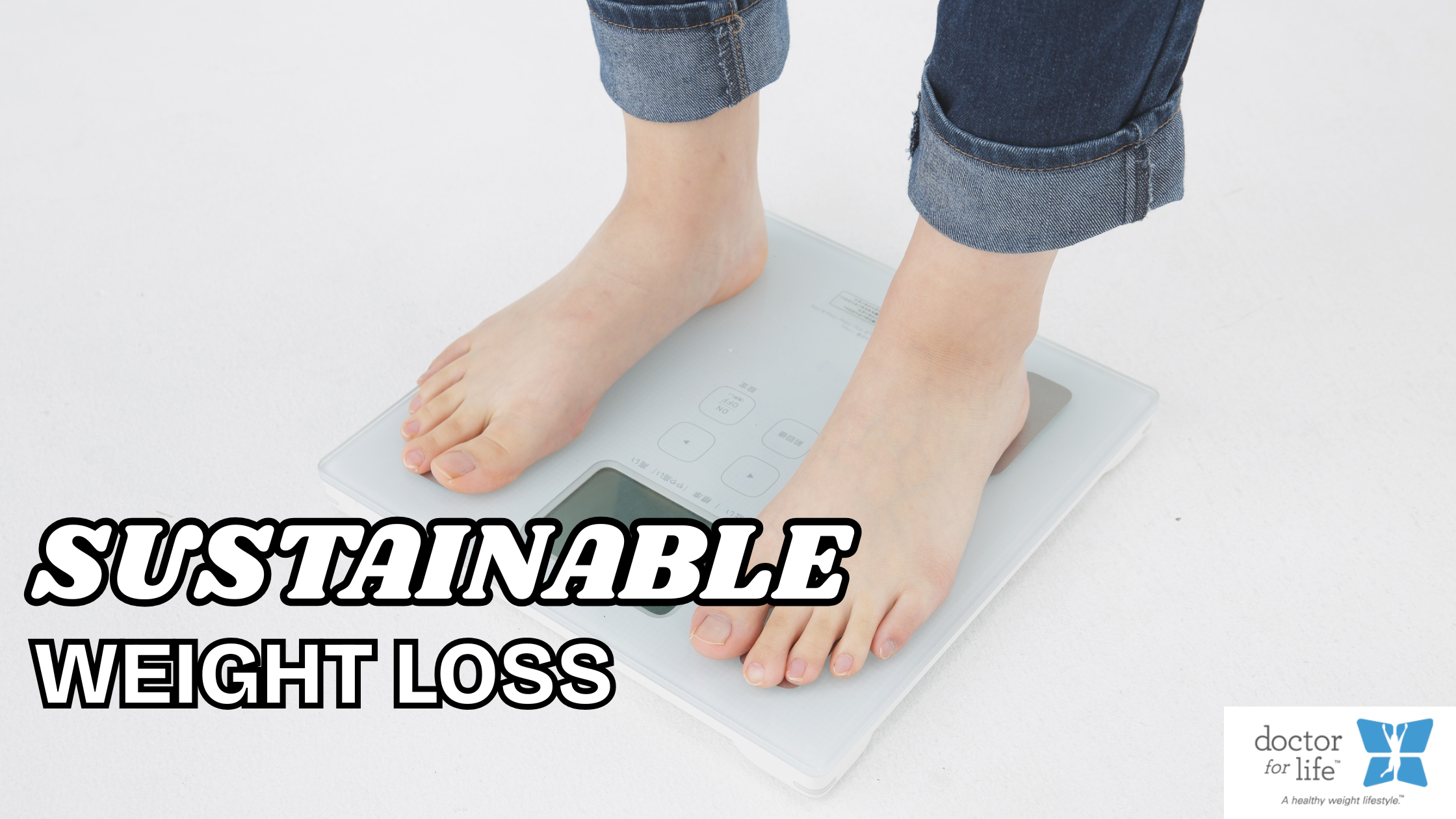
When it comes to weight loss, there’s no magic trick—just smart planning, consistency, and commitment. One of the most powerful tools in your wellness arsenal is meal planning. Thoughtful meal prep not only supports your weight loss goals but also helps you build a healthier, more balanced relationship with food.
Whether you’re just starting out or working to maintain your progress, these 12 effective meal planning tips will help you stay on track and feel empowered every step of the way.
1. Set Realistic Goals
Start with small, achievable goals that align with your personal needs. Instead of aiming to lose 20 pounds overnight, focus on sustainable progress—like losing 1 to 2 pounds per week or cooking at home five nights a week.
2. Focus on Balanced Meals
Each meal should include:
-
Lean proteins (e.g., chicken, tofu, eggs)
-
Whole grains (e.g., quinoa, brown rice, oats)
-
Healthy fats (e.g., avocado, olive oil, nuts)
-
Plenty of fruits and vegetables for fiber and nutrients
This balance helps keep you full and satisfied while fueling your body.
3. Practice Portion Control
Even healthy meals can lead to weight gain if portions are too large. Use smaller plates, measure ingredients when needed, and listen to your body’s hunger cues.
4. Plan Ahead
Set aside time each week to plan your meals. Create a grocery list and stick to it. This helps avoid the temptation of takeout or grabbing whatever’s most convenient (and often least healthy).
5. Embrace Variety
Mix it up! Eating the same thing every day gets boring—and limits your nutrient intake. Explore new vegetables, whole grains, or healthy global recipes to keep things interesting and nourishing.
6. Prep in Advance
Batch cook meals, chop veggies, and portion out snacks for the week. This simplifies your routine and ensures you always have a healthy option ready when hunger strikes.
7. Snack Smart
Keep healthy snacks like:
-
Fresh fruit
-
Greek yogurt
-
Hummus with veggie sticks
-
A small handful of raw nuts
These keep your metabolism active and help you avoid overeating during meals.
8. Stay Hydrated
We often confuse thirst with hunger. Drinking water regularly supports digestion, curbs unnecessary snacking, and keeps your body functioning optimally.
9. Eat Mindfully
Slow down, savor each bite, and avoid distractions like screens during meals. Mindful eating can reduce overeating and increase satisfaction.
10. Be Flexible
Rigid rules often backfire. Allow yourself the occasional indulgence without guilt—this creates a balanced, sustainable approach that keeps you from feeling deprived.
11. Seek Support
Consult a registered dietitian or nutritionist for guidance tailored to your body and goals. Support and accountability can make a big difference in your journey.
12. Track Your Progress
Use a food journal or an app to record meals, moods, and hunger levels. Reflecting on your habits helps you stay aware, make better choices, and celebrate progress.
Build Habits, Not Restrictions
Sustainable weight loss isn’t about strict rules or giving up everything you enjoy. It’s about forming healthy habits you can carry with you for life. With intentional meal planning, mindfulness, and patience, you can reach your goals while enjoying the journey.
Remember: It’s not about perfection—it’s about consistency and growth.
Your Personalized Weight Journey Starts Here with DrForLife
At DrForLife, we know that weight loss isn’t one-size-fits-all. That’s why our programs begin with a comprehensive consultation and evaluation by Dr. Cheryl Sarmiento, a board-certified physician specializing in obesity medicine. We take the time to assess your unique needs, health conditions, and lifestyle to get to the root of your weight concerns—and build a plan that works for YOU.